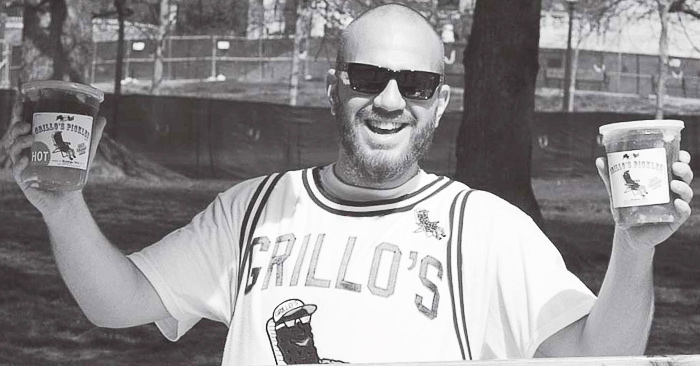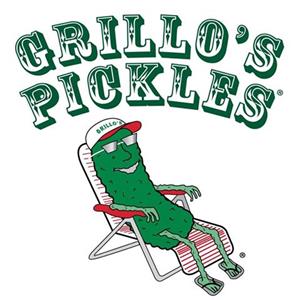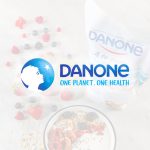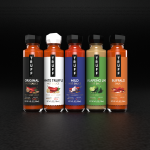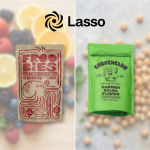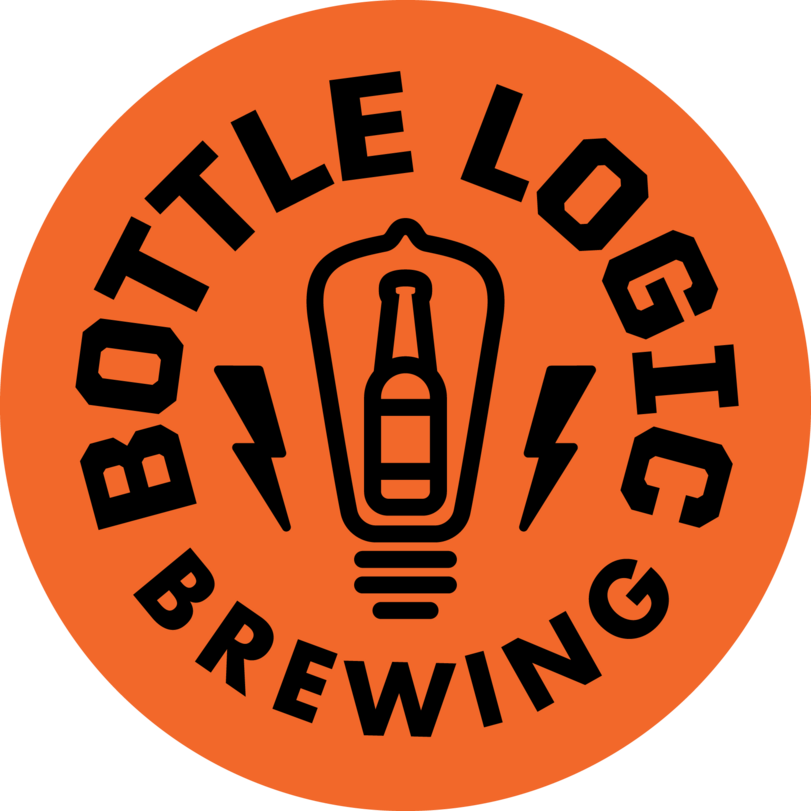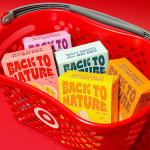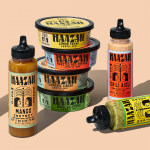With New Owners, Grillo’s Looks to Accelerate Growth
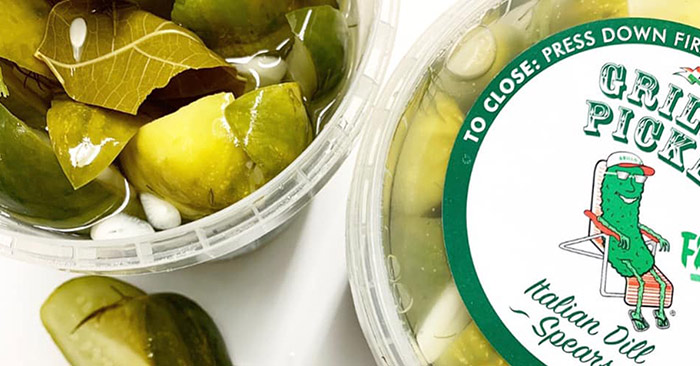
Late last week Boston-based pickle brand Grillo’s revealed it had been sold to family-owned bakery business King’s Hawaiian earlier this year. While pickles and bread are often sandwiched together, the brand will largely be speeding ahead on its own, according to Grillo’s executives.
Founded in 2008 by Travis Grillo, Grillo’s began as a pickle cart in Boston Common — with two pickle spears selling for a dollar. Within a year, the company was selling in local Whole Foods Markets and the growth has kept up ever since, with recent IRI data reporting sales of $28 million — 7.7% of the refrigerated pickle subcategory. According to Grillo’s chief revenue officer Mike Watts, the brand is now in over 14,000 doors and saw 105% growth year-over-year, with 61% year-over-year growth in average sales per store per week.
Meanwhile King’s — which is also a family owned and operated business — was founded in 1950. One thing King’s has in common with Grillo’s: via the company’s soft Hawaiian-style rolls there’s a similar name-brand cult following. On a podcast with investment firm VMG early this year, president John Linehan said the company had $500 million in revenue, with presence in 17 countries.
Although NOSH was unable to reach Grillo for this story, he previously told Yahoo Finance that an eventual exit was part of his plan for the company.
“I’m really just growing the business, I’m not looking at it as ‘[an exit] is what I want to do,” he said. “But I also have goals in life as well. I think I’ve been doing this for ten years, and I’ve done a great job at this, but I think big brands need people like me so maybe they’ll cut me a check and I’ll work for them.”
According to Grillo’s CEO Adam Kaufman — who moved from COO to President after Grillo departed the company post acquisition — after closing a series A round of funding three years ago, Grillo and his investors hired a team of industry “experts” to help scale the brand. While Grillo focused on branding, marketing, new product innovation and brand evangelism, Kaufman and Watts devoted their attention to operations, sales and distribution.
At the same time, King’s was looking for new acquisitions that it could add to its business. Lineham told VMG that the company was seeking both brands sold in the perimeter of the store as well as Hawaiian food brands that they could sell on the mainland. Focusing on the former was a strategic play — King’s itself is largely sold in perimeter of stores, with most accounts placing the product in bakery or deli departments versus in the center store bread aisle.
“Though pickles might seem like a surprising move for our company at first blush and may not be where we’d always imagined our strategy would take us, when we look at the spirit of their brand, which aligns with ours so closely, and how irresistibly delicious their products are, this opportunity felt like a no brainer when it presented itself to us,” Lineham told NOSH today.
Going forward, while Grillo’s headquarters will remain in Boston, with the existing team staying in place, the plan is to use the purchaser’s muscle to the pickle brand’s advantage.
“Grillo’s looks forward to leveraging the resources of a brand the size of King’s Hawaiian,” Kaufman said. “When King’s Hawaiian came about, it was an opportunity to continue to grow the brand with their support.”
While Kaufman declined to comment as to what support exactly King’s will provide, on the VMG podcast Lineham indicated that any acquisitions would also be sold by King’s sales teams, and that it would assist with marketing and supply chain.
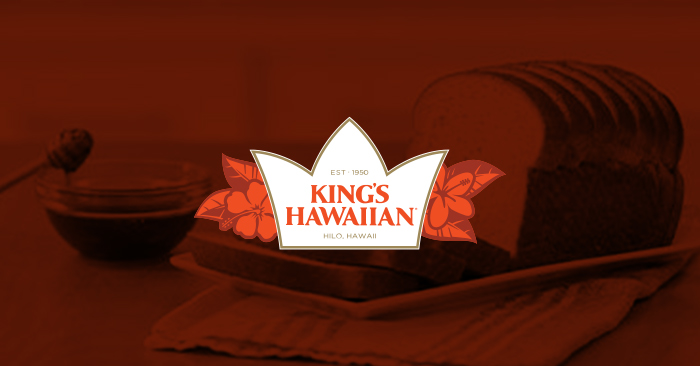
“You can say ‘I want to integrate sales,’ but realistically if you want to do that, you also are going to have to integrate supply chain, because when you go into the customer, the customer is going to want to have everything rolled up under one roof,” Lisman said. “With integration, anything of a magnitude is going to be messy. You’re literally smashing two businesses together and it’s very detail oriented granular work because you are connecting pipes.”
For Grillo’s the sales strategy will be focused on expanding the distribution for its core pickle products. Though the line is sold in Whole Foods, Target, Publix, Kroger, Ralph’s, Stop and Shop, Safeway, Wegman’s, and Harris Teeter, Watts said, there are plenty of regions where the brand doesn’t have wide representation in retail. There are also many other classes of trade for it to enter. While new products, like a recently released Pickle De Gallo dip and cold-pressed pickle beverages are sticking around, they’ll launch with “a slower process,” he added.
Still, despite the change in ownership, the Grillo’s team insists there will be no compromising on products.
“Our quality is our focus,” Kaufman said, “The pickles aren’t changing.”
